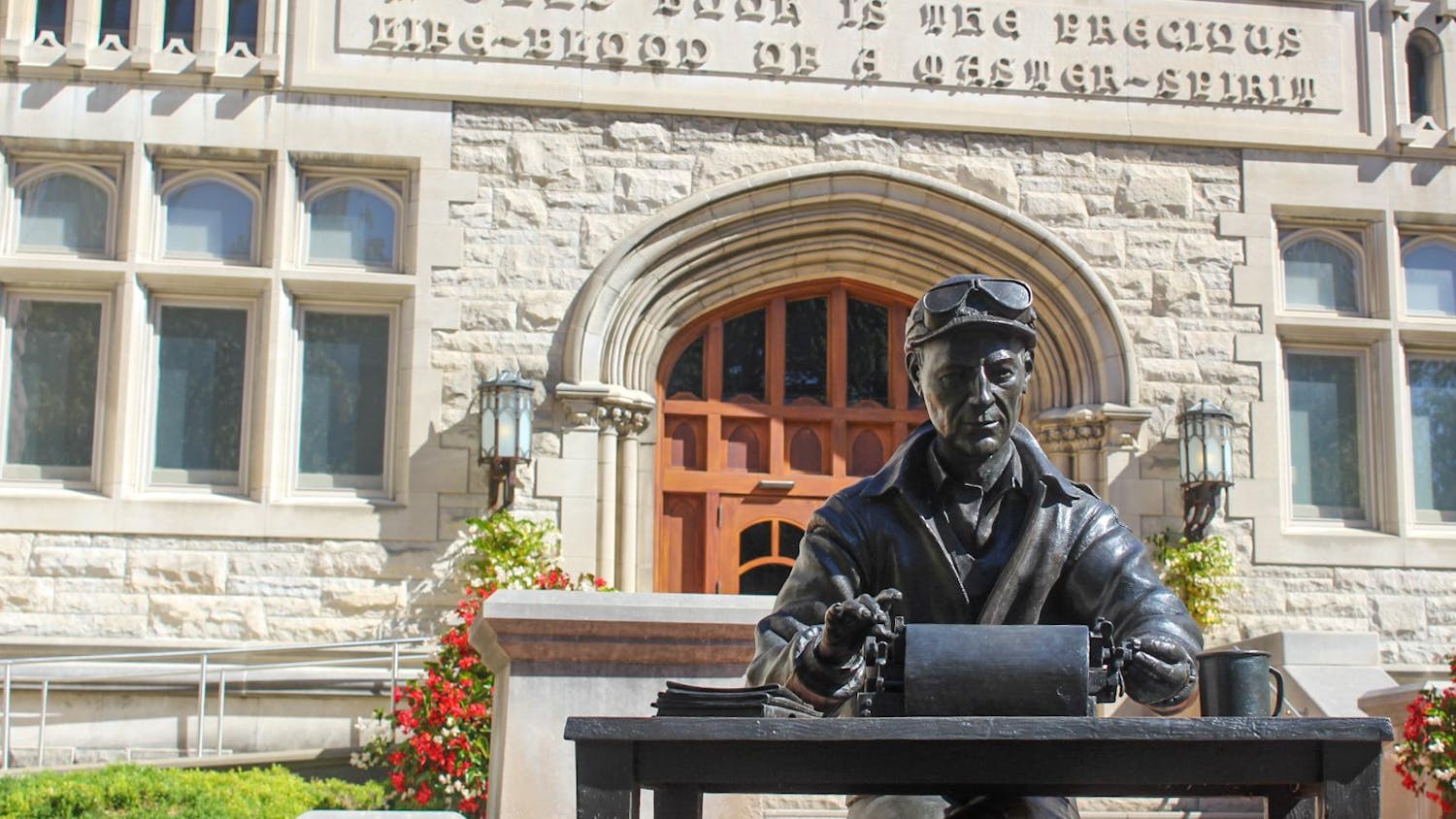Jeff Bezos, the CEO of Amazon, just hit a net worth of $100 billion. This makes him the first person to break a 12 figure net worth since 1999. This level of obscene wealth is not only inconceivable but immoral, directly contributing to the poverty of the rest of the world. It is absolutely impossible to justify in a world filled with deprivation.
To put his wealth in perspective, Bezos’ net worth, when combined with that of Bill Gates's and Warren Buffett's, equals the same amount of wealth as the poorest 160 million people in the United States, according to a study by the Institute for Policy Studies. The study also shows that the 25 richest people in the U.S. are worth more than $1 trillion, which is equivalent to the wealth of 56 percent of the U.S. population.
Much of the problem with Bezos lies in the acquisition of his wealth, specifically the exploitation of his workers. A 2015 New York Times article exposed the harsh realities of working for Amazon, including being both wildly overworked and underpaid.
Amazon also recently raised the price of a monthly Prime membership from $10.99 to $12.99, which is almost a 20 percent increase. There is absolutely no reason for them to have done this besides an increase in profit and share price.
Amazon was not doing poorly by any means. In fact, they are doing better than ever at the moment, according to their stock prices. Consumers are still going to pay for Prime because of its convenience, which means Bezos is making even more money simply because he can.
It is true that other billionaires earn their wealth in slightly more ethical ways. For example, Mark Zuckerberg, founder of Facebook, is worth $74 billion, largely from Facebook. Many Facebook employees are extremely happy with their jobs and the way they are treated, with a 96 percent satisfaction rate in 2016 according to a study by Payscale, a compensation analysis company. In 2017, 98 percent of employees were satisfied with Zuckerberg’s role as CEO. Overall, his wealth is easily justified.
In this case, our problem is not with the acquisition of wealth but its retention. Zuckerberg is part of the Giving Pledge and plans to sell 99 percent of his Facebook shares to charities over the course of his lifetime, but he also spends millions of dollars on real estate, travel and designer hoodies.
Retention of wealth is even worse when it comes to Bezos, as he has not yet released plans for how to donate his extreme wealth. His largest significant donation was $2.5 million for a same-sex marriage referendum, which is an incredibly insignificant amount of money for someone worth $100 billion. While Bezos is searing for charities to support, but as of Oct. 2017, Bezos has yet to make a large contribution to charity. Instead, Bezos uses his wealth to constantly buy other corporations, only increasing his net worth in the long run.
The argument here is not about whether wealthy people can be allowed to live comfortably. But if one has more wealth than they would ever be able to feasibly spend in a lifetime and they are not using it to help people that are suffering and dying, they are essentially letting these people suffer. Everyone should have a moral responsibility to do whatever they can to help others.
It is true that billionaires giving away their money will not actually do anything to fix the flawed foundations of capitalism and systemic poverty, but even so, individual decisions and actions are incredibly important. If the system cannot be changed, those who benefit from it the most have a moral obligation to help those who suffer.





